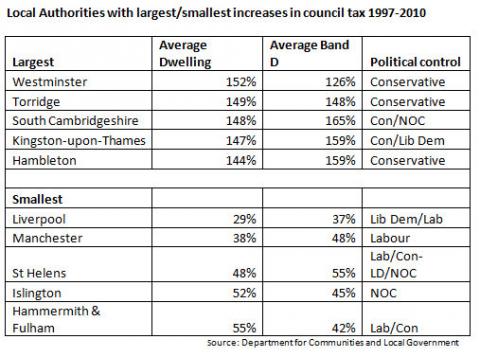Everything You Need to Know About Council Tax

Introduction to Council Tax
Council tax is a vital component of local government financing in the United Kingdom, significantly impacting residents by funding essential services such as education, waste collection, and public safety. Understanding how council tax operates, including its calculation, exemptions, and recent adjustments, is crucial for homeowners and renters alike, especially as the demand for local services continues to rise.
What is Council Tax?
Implemented in 1993, council tax is a local taxation system based on property value. Each property is assigned to a band, which is determined by its estimated market value as of April 1, 1991. The bands range from A (the lowest) to H (the highest), with the amount payable varying significantly depending on location and property band.
Current Council Tax Rates
As of the 2023 financial year, councils across the UK have been adjusting their rates to manage increasing costs and inflation. For example, many local authorities have raised council tax by an average of 4.5% to help bridge budget gaps. The National Audit Office highlights that almost every local council has increased its rates this year, citing pressures from rising energy costs and reduced government funding.
Exemptions and Discounts
There are various circumstances under which individuals might be exempt from paying council tax or may receive discounts. Full-time students, individuals under 18, and those living in care homes are typically exempt. Other categories, such as those living alone, can benefit from a 25% discount on their bill. Additionally, many councils offer discretionary relief schemes for those facing financial difficulties.
Recent Changes and Impact
The government is continually reviewing council tax policies to adapt to changing economic conditions. Recently, proposals have been made to reform how council tax bands are structured, with suggestions for a more granular approach that better reflects current property values. If enacted, this could significantly alter payments for many households across different income brackets.
Conclusion
Council tax remains a critical element of local governance in the UK, deeply influencing the financial landscape for millions of residents. As council tax rates potentially continue to rise in response to economic challenges, it is essential for residents to remain informed about their council tax liabilities and any opportunities for discounts or exemptions. Stakeholders must stay engaged in discussions regarding comprehensive tax reforms to ensure fair contributions according to property values and each resident’s financial situation.









